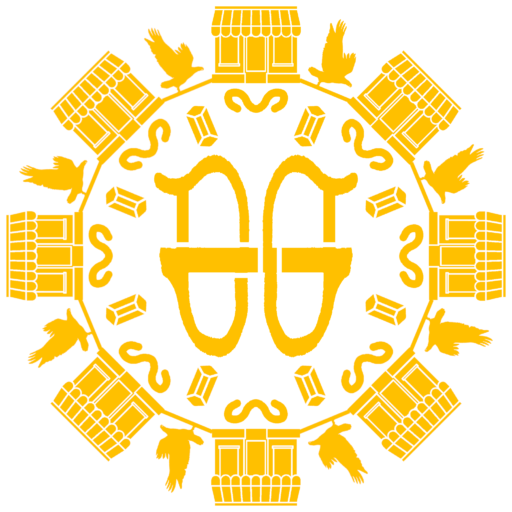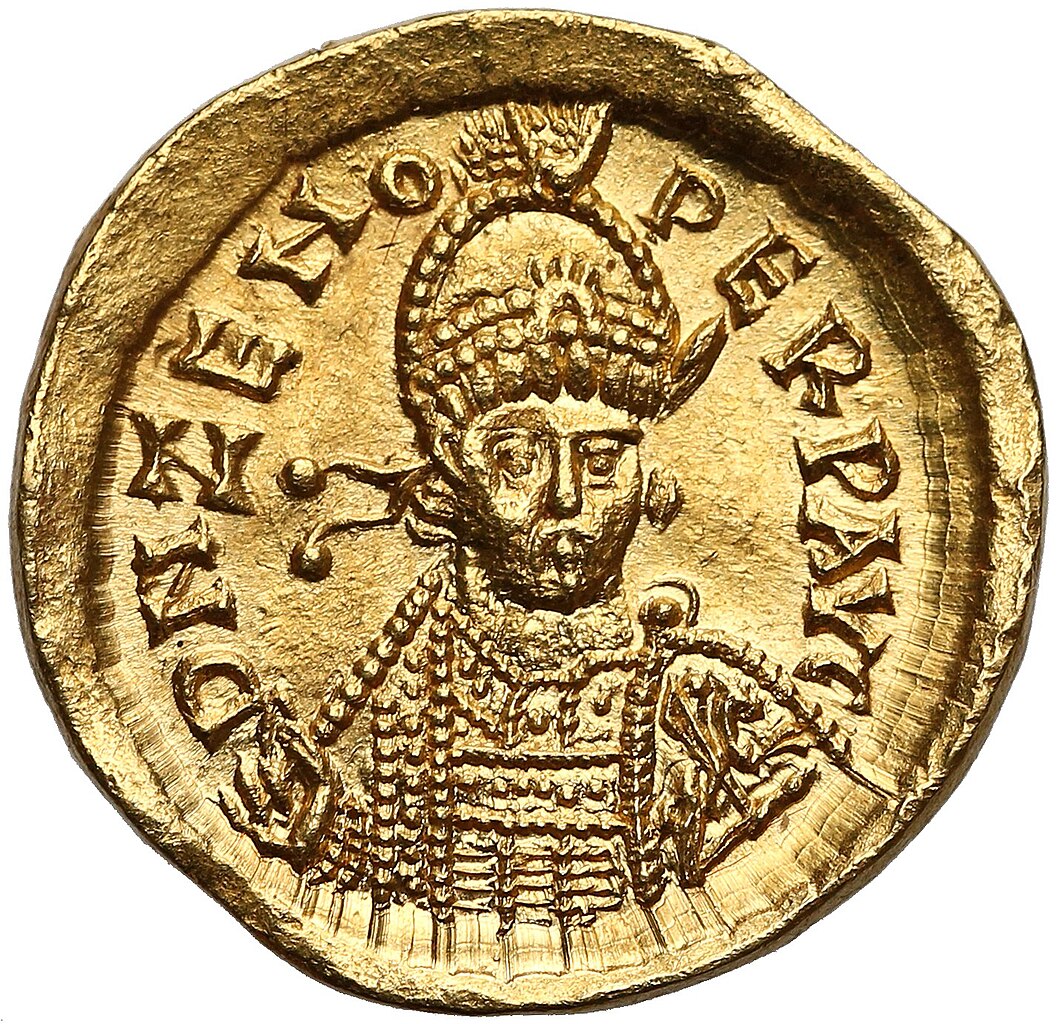Tarasikodissa Rousombladadiotes (425-466)
He was originally an Isaurian soldier. His name in the Isaurian language means “Tarasis, son of Kodisa, [coming from] Rusumblada.” Tarasis is a common name among Isaurians, who are members of the Anatolian people who were indigenous to what would become Turkey.
He became important in providing the demographic balance in the Byzantine army by Emperor Leo I, who was concerned about the encroachment of Germanic forces within the army. He decided to include Isaurians into the army, which included Zeno.
As a reward for exposing the head commander Aspar for inciting the Sassanid King to attack the Byzantine Empire, Zeno would become general.
Flavius Zeno (466-491)
Upon becoming a close ally to the Emperor, he chose the name Zeno, which was the Greek name. As for Flavius, although it was originally the name of a Roman plebeian family, it would become adopted widespread, particularly among foederati, with Flavius Odoacer being an example.
- Flavius: Latin for “golden-brown hair” or “golden hair.”
- Zeno: Greek for the poetic form of “Zeus.”
He would marry the daughter of Emperor Leo I, Ariadne. Through her, Zeno had a son named Leo II would become an heir apparent, giving Zeno more power. It would be decided that Zeno would rule as co-emperor beside Leo I. When Leo I died shortly after, Zeno became the sole emperor.
Sources
- Cassell’s Latin & English Dictionary, s. v. flavus.
- Croke, Brian.
- “Dynasty and Ethnicity: Emperor Leo and the Eclipse of Aspar”, Chiron. 2005.
- Roman Emperors in Context: Theodosius to Justinian. Routledge. 2021
- Harrison, R. M. “The Emperor Zeno’s Real Name”, Byzantinische Zeitschrift 74 (1981) 27–28).
- Jordanes, 333; Evagrius, ii.15.
- Stephen Mitchell, A history of the later Roman Empire, AD 284–641: the transformation of the ancient world, Wiley-Blackwell, 2007. pg. 114.
- Wikipedia.
- Flavia gens.
- Zeno (emperor).
- “Zeno.” Behindthename.

